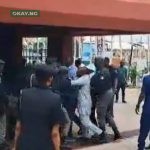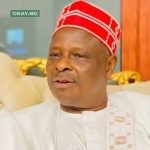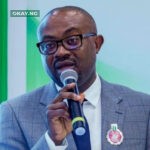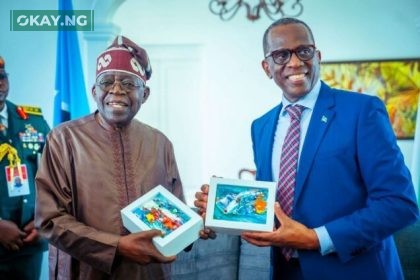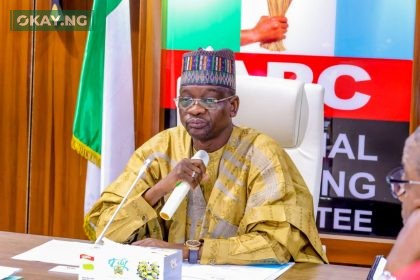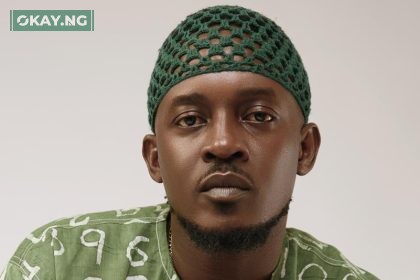Governors of 19 states under the auspices of Northern States Governors Forum (NSGF) have placed a ban on all unauthorized procession.
They said the procession could hold but it has to do be done with the approval of relevant authorities and it must not violate the fundamental rights of other Nigerians.
The NSGF reached this decision after a closed door meeting in Kaduna on Saturday.
In a communiqué read at the end of the meeting by the Borno State Governor and chairman of the forum, Kashim Shettima, the NSGF resolved to support Kaduna state in its bid to review and resolve the army/Shi’ite clash.
Last weekend, the army has a clash with members of the Shi’ite Islmaic Sect which led to the death of not less than ten members of the sect while leaving over 100 injured.
The forum in its resolutions “reaffirmed that all Nigerians should respect the law and constituted authority; and that every organisation, religious or social should operate within the confines of the law.
“Henceforth, procession must necessarily be with police permit and protection as prescribed by law.”
The forum appealed to all Nigerians to fight “our common tragedy of poverty, destitution and illiteracy.”
While speaking with journalists before the meeting, Shettima said “We are very confident in the governor of Kaduna state, Malam Nasir el-Rufai, his competence and character have never come under any doubt.
“Soon after the Zaria crisis, the governor was at the scene and he spoke with the leader of the Islamic Movement and met the Chief of Army Staff. He addressed the people of Kaduna state on Thursday, December 17, 2015 and the government took some firm far reaching measures it considers necessary.
“Malam el-Rufai is the man on ground, he knows the subject matter more than us and he knows the steps he deems most suitable after his extensive consultations. So, we are not here to do his job.
“We are not in any way comparing the Islamic Movement with Boko Haram, no. But we don’t want the same mistake that happened over the Boko Haram crisis to repeat itself. When Boko Haram went wild in July 2009 with clashes between them and the police in Bauchi on 25th and 26th in Maiduguri, most Nigerians saw the issues as the problems of Bauchi and Borno.
“When they continued to attack Borno and Yobe, it became the affairs of Borno and Yobe States. All of a sudden, there was suicide attack in Abuja in 2012 and then everything went out of control and we are where we are today.
“So, like I said, we do not make any comparison between the murderously violent Boko Haram insurgents and the Islamic Movement but we are here to analyse and ensure that we take measures that will close any avenue which some people may want to seize to create violence in the immediate or long run. Moreover, Kaduna is the socio-political heart of the northern Nigeria. Kaduna is to us, what Lagos is to the South West. What affects Kaduna State invariably affects the whole north.
“If you notice, we make it a duty to travel to Kaduna to hold our meeting instead of holding it in Abuja. Kaduna is the headquarters of the northern Nigeria but it will have that significance if we accord it the relevance it deserves. We have a duty to preserve history and our values by coming here.
“While here, we will be briefed on the Zaria incident and we will compare thoughts analytically and extensively. We will also be looking any other matter that affects the well-being of the north and we shall brief the media on issues that we don’t consider too security sensitive to make public.”




